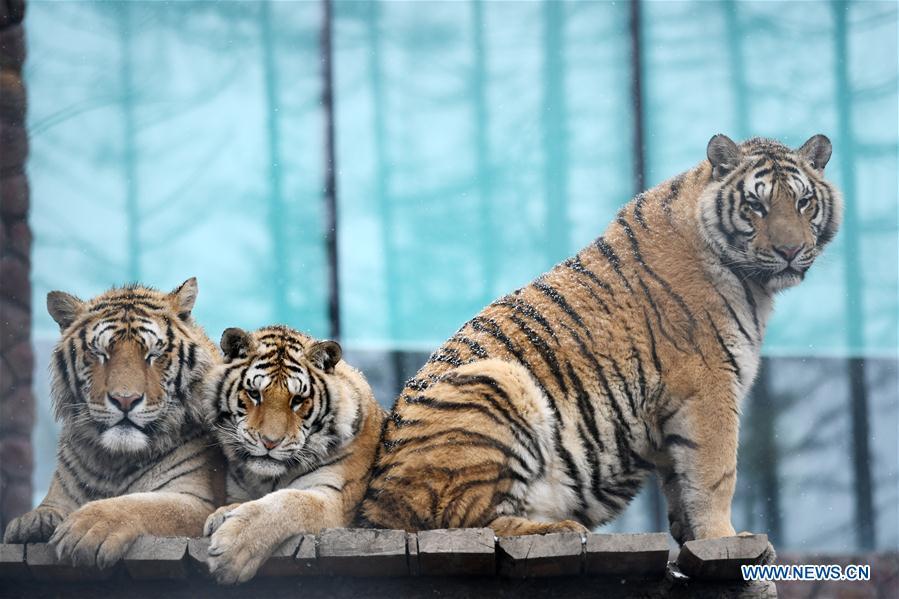## The Allure of Keeping Tigers as Pets: A Comprehensive Guide
### IntroductionKeeping tigers as pets is a topic that ignites fascination and curiosity among many animal lovers. The majestic beauty and power of these bi……
### Introduction
Keeping tigers as pets is a topic that ignites fascination and curiosity among many animal lovers. The majestic beauty and power of these big cats can be incredibly alluring, making the idea of having one as a companion seem like a dream come true. However, before diving into this captivating world, it’s essential to understand the realities and responsibilities that come with owning such a magnificent creature.
### The Appeal of Tigers as Pets
Tigers are often viewed as symbols of strength, grace, and wild beauty. Their striking appearance, with vibrant orange fur and distinctive black stripes, can mesmerize anyone who lays eyes on them. The thought of having a tiger as a pet can evoke images of adventure, prestige, and a unique bond with one of nature's most awe-inspiring animals.
### Understanding the Commitment
While the idea of keeping tigers as pets may sound enticing, it is crucial to recognize the significant commitment involved. Tigers are not typical house pets; they require extensive care, specialized diets, and large living spaces that mimic their natural habitat. Unlike dogs or cats, tigers are wild animals with instincts and behaviors that can be unpredictable.

### Legal and Ethical Considerations
Before considering tigers as pets, it’s vital to research the legal implications in your area. Many regions have strict laws governing the ownership of exotic animals, including tigers. These regulations are in place to protect both the animals and the public. Additionally, ethical considerations must be taken into account. Keeping a tiger as a pet can contribute to the illegal wildlife trade and the exploitation of these magnificent creatures.
### The Financial Investment
Owning a tiger is not just a matter of passion; it also requires a significant financial investment. The costs associated with feeding, housing, and providing medical care for a tiger can be astronomical. Specialized diets, veterinary care, and secure enclosures can quickly add up, making it a long-term financial commitment that should not be taken lightly.

### The Importance of Proper Habitat
Tigers are naturally solitary animals that roam vast territories in the wild. As such, creating a suitable habitat for a pet tiger is paramount. This means providing ample space for them to roam, climb, and explore. A small backyard or confined space is not suitable for a tiger, and failing to provide an appropriate environment can lead to physical and psychological issues for the animal.
### Socialization and Interaction
While tigers can form bonds with their caretakers, they are still wild animals with instincts that can be difficult to manage. Proper socialization and training are essential to ensure safety for both the tiger and its owner. However, it’s important to remember that no amount of training can fully tame a wild animal. Understanding their behavior and respecting their boundaries is crucial.

### Conclusion
The idea of keeping tigers as pets can be incredibly alluring, but it is fraught with challenges and responsibilities. Potential owners must weigh the appeal against the realities of caring for such a magnificent but demanding creature. If you are considering tigers as pets, it is vital to educate yourself thoroughly, understand the legal and ethical implications, and be prepared for the commitment involved. Ultimately, the well-being of the tiger should always be the top priority.
In summary, while the thought of having a tiger as a pet can be captivating, it is essential to approach this decision with caution, knowledge, and respect for the animal’s natural instincts and needs.